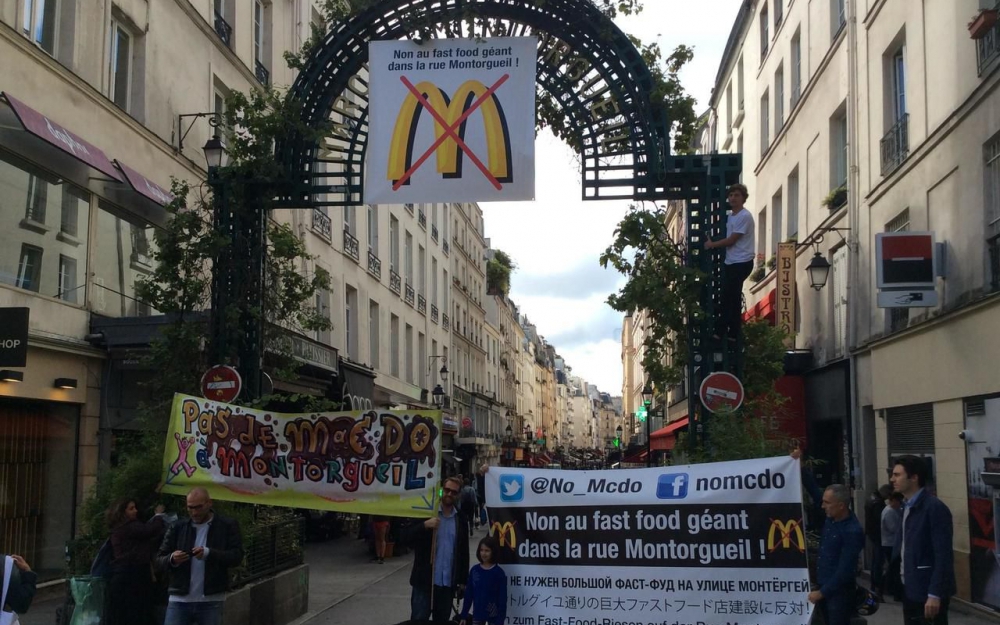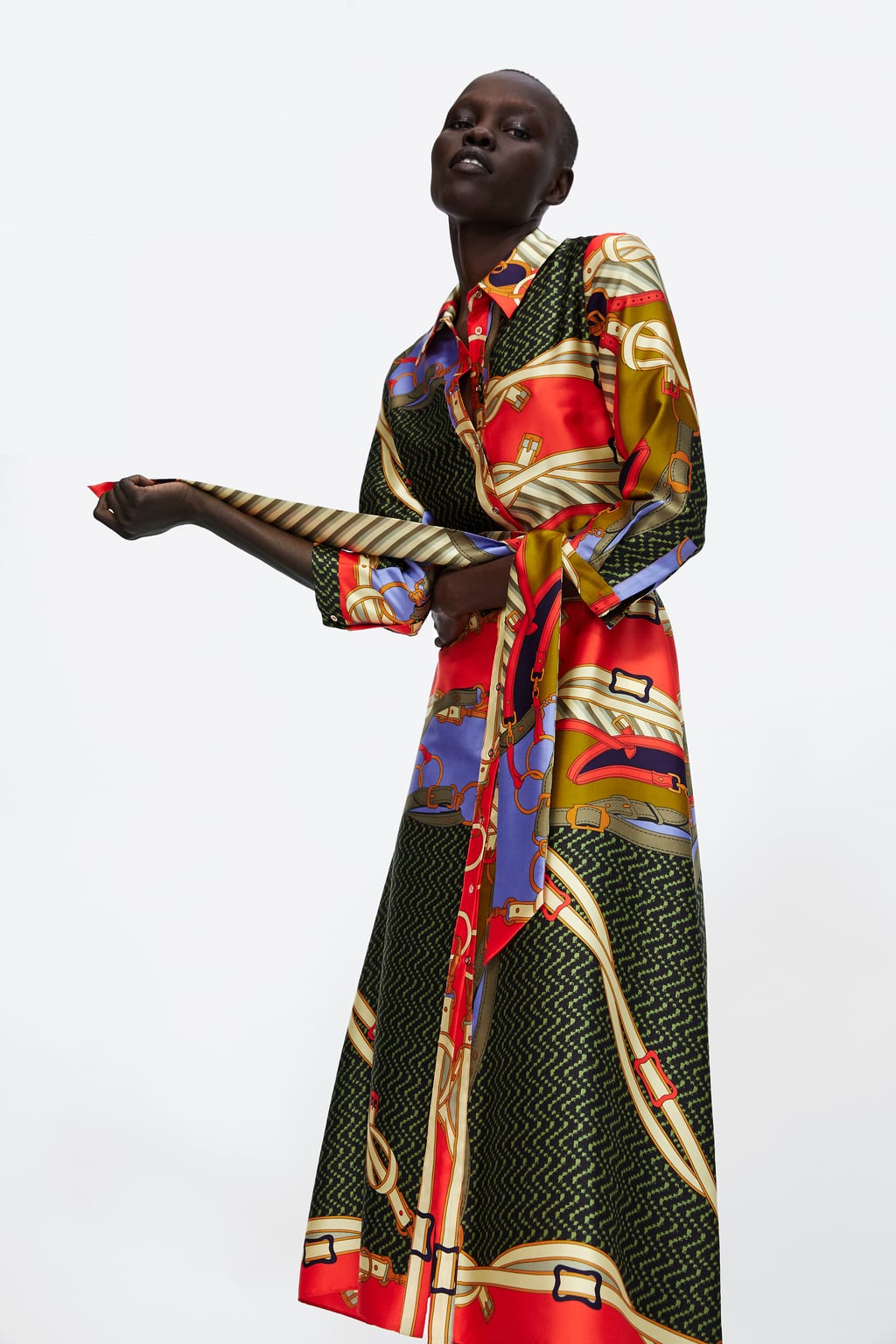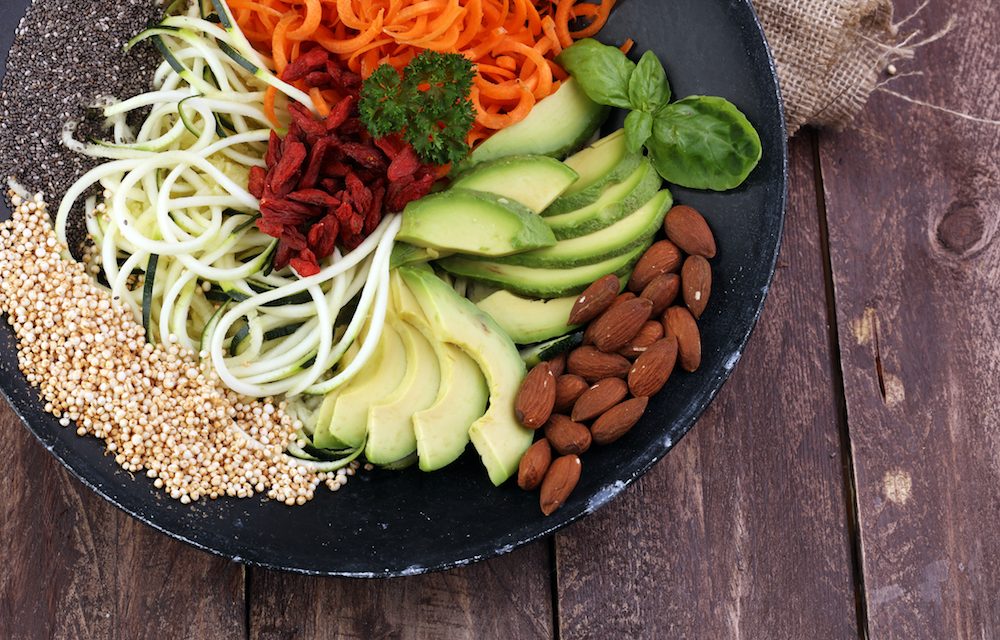Advertising, communication, strategy: what if authenticity and a return to roots were the new battlehorse for brands?
Note: This chapter originally published in 2018 is part of a series of course on Social Media, the summary of which can be found here.
In 2012, I told you about my feelings about the trend of navel-gazing and ego-tripping on social networks. A fashion that was a real tidal wave, during which everyone began to tell their own life stories through social networks and their smartphones, relaying dialogue and exchange, both free and interested. , in the background.
A vein therefore over-exploited by brands, starting with applications such as Snapchat and Instagram, which have done everything to ensure that the user is as starified as possible.

Today, accompanying this movement of exacerbated individualization, it is a safe bet that a new trend is emerging.
In light of the perceived destruction of nations and the questioning of globalization, and in a more or less orchestrated movement back to basics, consumers will probably need benchmarks and differentiation.
After the standardization of morals, food and fashion, the time will come to self-affirmation, bringing certain local customs up to date, and an assumed promotion of authenticity, whatever it is, wherever it comes from.
Now all the city centers in France are the same
The same fucking Fnac, Mc Do, Foot Locker, Célio, Zara, H&M.Orelsan, Change
Tired of finding the same products in Paris, Bordeaux or Brussels, consumers will have every reason to demand originality and authenticity. And some brands have understood this well.
The search for the inimitable Self
I take away all hope from you on this side: the ego-trip is there and is not likely to disappear for the moment. And in this desire to shine through image and appearance, the Self becomes King. And who says Me and King, says uniqueness and singularity.
This quest for singularity should thus promote originality, authenticity and quality, whether in the chosen clothing style, the adoption of certain practices, the use of certain tools, and consumption in general.
Whether in the world of advertising, communication or fashion: authenticity has already begun to be the new trademark of brands.
The desire to be integrated into communities
At a time when we live in an ultra-connected world, it is difficult to live like a hermit. The inimitable self is therefore not incompatible with integration into communities. And it will indeed be about communities in the plural, where the individual will move from one to the other without complexes and without attachments. Self-satisfaction must come before anything else.

The individual can then embrace the codes of one or the other community, and quickly change mood and consumption patterns. The agent will then become very volatile, and building loyalty will require ultra-functional and fast solutions, promotions, premium support and… strong positioning! Which then passes through the authentic and the original.
The return of nationalism...
Whether we are for or against, we cannot deny the return to power of nationalisms. Many countries around the world have seen the emergence of far-right governments or governments allied with the far-right, as well as populist movements.
These movements, which constitute a reaction to globalization which has left its mark with more or less success, are attached to a return to borders, to sovereignty, to national identity, and to less “progressive” values on the societal level.
Do the victories won by these political movements have any influence on the consumption patterns of agents? Nothing is less sure. However, there is an ambivalence that is worth highlighting…
In the minds of globalists, each country would only be a passage, a “hotel” in which we would set foot temporarily.
In this ultra-globalized context, cities and cosmopolitan megacities have become direct competitors of States. Even if it means replacing national culture with an urban cosmopolitan culture, shaped by various influences.
Haven't you noticed this trend on social networks to claim several cities (NYC, Paris, Dubai, etc.), rather than one origin?
However, this multicultural, urban way of thinking, detached from its roots, goes completely against the current trend which is characterized by a return to the sources, by “made in France”, and by the growing rejection of major global brands.

However, the ambivalence lies in the fact that this return to basics is accompanied by a celebration of multiculturalism; designers, for example, today use clothes and fabrics typical of certain peoples of the world to mix them with others in fashion shows highlighting the historical beauty of the authentic.
We then sell the original in a universalist gloubi boulga, in accordance with the globalist spirit of big cities.
…recovered by its opposite: liberal globalism!
If there is no doubt about the rejection of globalism, it is a safe bet that in the end, large companies, starting with GAFA, industrial groups, large textile brands, the agri-food industry, exploit this fashion of returning to local, ancestral and tangible consumption.

These will therefore be the most universal brands, those with the greatest economies of scale, those that crush everything in their path, who will sell authenticity to consumers who were looking for local, ethical, organic, environmentally friendly, qualitative, original and authentic alternatives.


What conclusions can be drawn ?
Whether you are an entrepreneur or a manager, I invite you to think about this trend and to act upstream in your activities and your business.
In the world of fashion
We will give pride of place to new innovative, ethical and health-safe fabrics.
On the web and in the service sector
We will witness the advent of the hyper-local : after having chased away local artisans, bakers and other cheese makers, consumers will demand them again.
In the franchise universe
It will be necessary to consider highlighting the “artisan” and “independent” side of the franchisee, and to attenuate as much as possible the image of the large capitalist and financial group which oppresses the independent.
In the food
A real return to ancestral and authentic cuisines will take place. In my opinion, the next ones to suffer the most will be sushi restaurants, whose market is already completely saturated, premium burgers, which will have an image of unhealthy, hybrid food originating from globalized New York snobbery, as well as junk food. and fast food brands in general.

Will be honored regional cuisines, Italian cuisine – which is in full swing – authentic Asian cuisines, Mediterranean cuisine and obviously vegetarian cuisine and why not hyper-specialized cuisines like themed restaurants (keto, paleo, etc.).
Limits of the authentic model
One of the challenges for entrepreneurs will be to strengthen the in-store experience in order to counter digital globalism, with very assertive products or immersive settings.
But in this quest for authenticity, the war of experience unfortunately risks taking the consumer into a fake universe, with a lot of efforts concentrated on the experience (or on the ethnicity of a fabric for example ), but no more effort made on the quality of the product or service, resulting in parodies of restaurants, clothing or services.
Example: a very expensive hairdressing or beauty salon where we will spend a lot of time primping the customer in a very slick place on the borders of the coffee shop, but where we will err on the quality/price ratio and especially the time wasted for the customer which risks requiring practicality and functionality. In other words, functional could well be the next trend…
Without forgetting that in this navelized and hyper-connected world, the consumer wants to be much less loyal to a brand, and much more volatile, while fashions have increasingly short lifespans, which gives no indication of good when you have invested large sums in a hyper immersive and experiential decoration.
Conclusion: base your communication on authenticity, without losing efficiency and good value for money
The promotion of authenticity as a value and commercial argument will, in my opinion, flood the market. It will therefore be necessary adapt your products and your story-telling so as not to hit the wave in the face. However, it will be necessary to maintain the good quality/price ratio, and not lose the customer in a magical universe that would not survive a simple fashion.
And you what do you think ? Does this trend give you ideas for projects to undertake?
